Ovulation The release of an egg (ovum) from a woman's ovaries is part of the menstrual cycle. Ovulation and conception are discussed. Want to know your ovulation date for increasing your pregnancy chances. In this post, you will come to know about what actually ovulation is? And you will also read the information regarding this.
What is Ovulation?
Ovulation is part of the menstrual cycle. It occurs around day 14 of the 28 menstrual cycles. In particular, ovulation releases an ovum (ovum) from a woman's ovaries. Every month, between days 6 and 14 of your menstrual cycle, the follicle-stimulating hormone causes the follicles in a woman's ovaries to start growing; however, only one developing follicle appears between days 10 and 14. Produces mature eggs.
Around day 14 of your menstrual cycle, a surge in luteinizing hormone causes your ovaries to release an egg. The eggs begin their five-day journey through a narrow hollow structure. Calls fallopian tubes to the uterus while the egg travels through the fallopian tube levels of progesterone. Another hormone is also increased, which helps to prepare the endometrium for pregnancy. Many ladies ask a common question: when is ovulation occur in young & old ladies?
This question is quite complicated, but it happens to a few women as early as when they are at the age of eight. Usually, it starts when a girl turns 20, while on average, it happens when a girl is in the age group of 12 t0 13. Before the first period, a young woman needs to know her first ovulation. This might be unclear for those ladies to know about the ovulation date. For ease you can use ovulation calculator to help you to your ovulation date according to the ovulation calender.
How Did The Idea Come About?
Fertilization occurs when sperm from a fertile man swims up through the vagina and into the woman's uterus. And along with the woman's egg as it travels down the fallopian tube from the ovary to the uterus.
As the fertilized egg continues down the fallopian tube, the egg begins to divide into two cells. Then into four cells. Then the number of cells increases as the division continues. When the sperm is fertilized, the fertilized egg travels to the uterus and forms a growing group of about 100 cells known as a blast cyst.
The blast cyst attaches to the lining of the uterus. This bonding process is called implantation. The release of estrogens and progesterone thickens the lining of the uterus. This provides the nutrients the blast cyst needs to grow and eventually become a baby. No doubt, because of many misconceptions, ladies cannot find out when ovulation occurs.
As cells continue to divide, Some cells develop into babies. Other cells. It forms a nutrient and oxygen supply structure called the placenta. Hormones are released to signal to the body that the baby is growing inside the womb. These hormones also signal the uterus to keep its lining instead of secreting it. It means that a woman does not have a period in that particular month. This may be the first way a woman knows that she is pregnant.
What Are The Possibilities?
- Having sex as close to ovulation as possible increases your chances of conceiving.
- If a woman has intercourse six or more days before ovulation, her chances of getting pregnant are slim to none.
- If she had intercourse five days before ovulation, her chance of pregnancy was about 10%.
- If she had intercourse the day or two before she ovulated, her chances of getting pregnant are about 30 percent.
- This is an average number and depends on the age of the woman.
You need to always keep in mind that the possibilities mentioned above are not enough for the exact estimation. For this, consult your medical PRO for the fertility estimations.
How to Know If You Are Ovulating
Kerry Hampton, RN and Fertility Specialist, discusses fertility awareness's importance. And how to frame her fertility timing to increase her chances of conceiving.






.png)
.png)

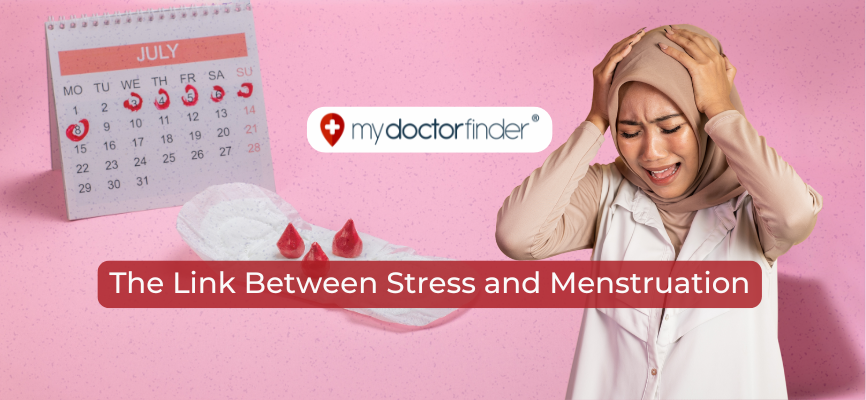
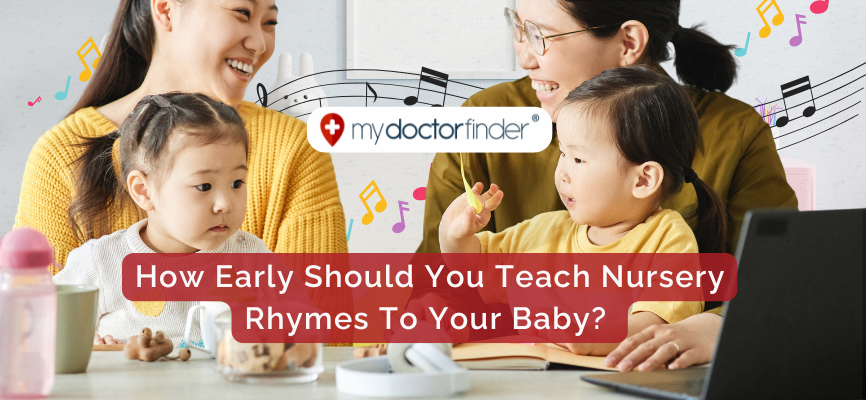
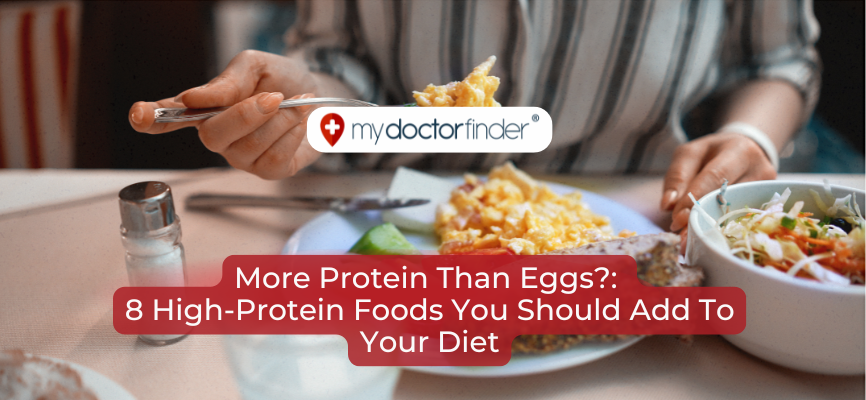
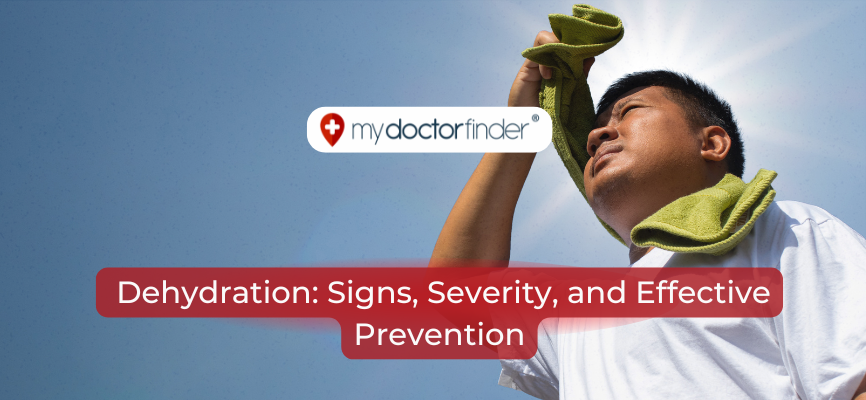
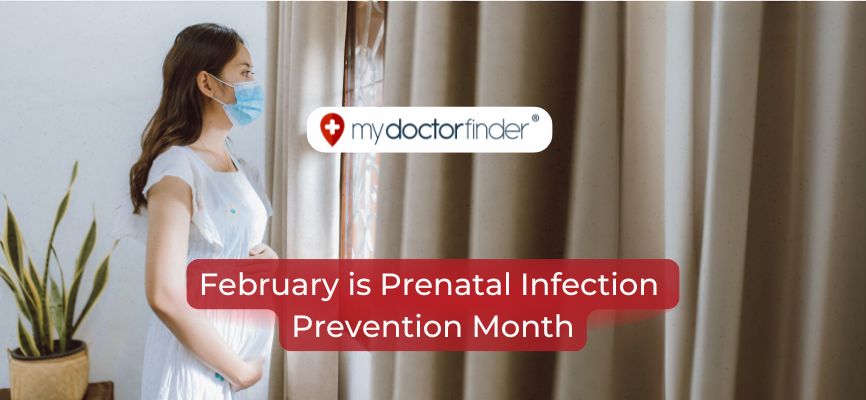
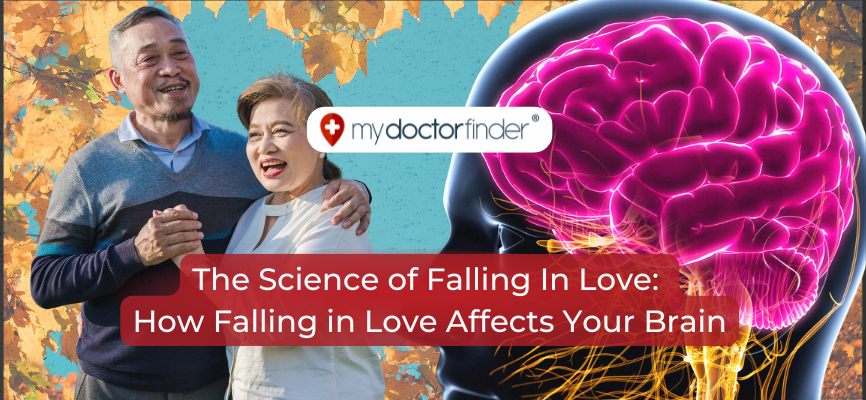
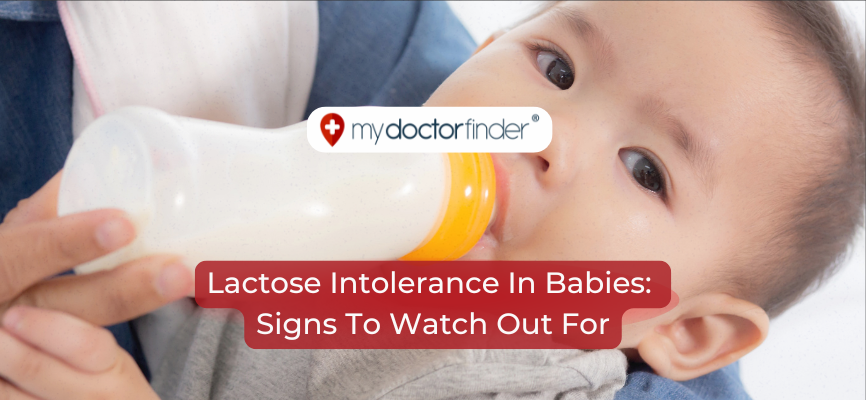
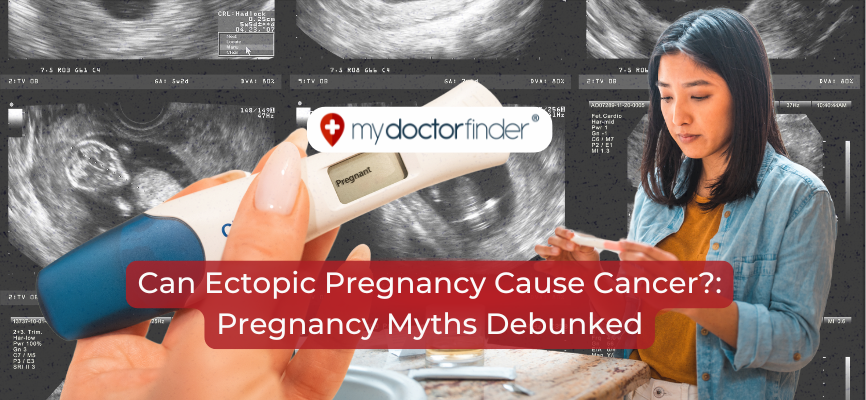
.png)

